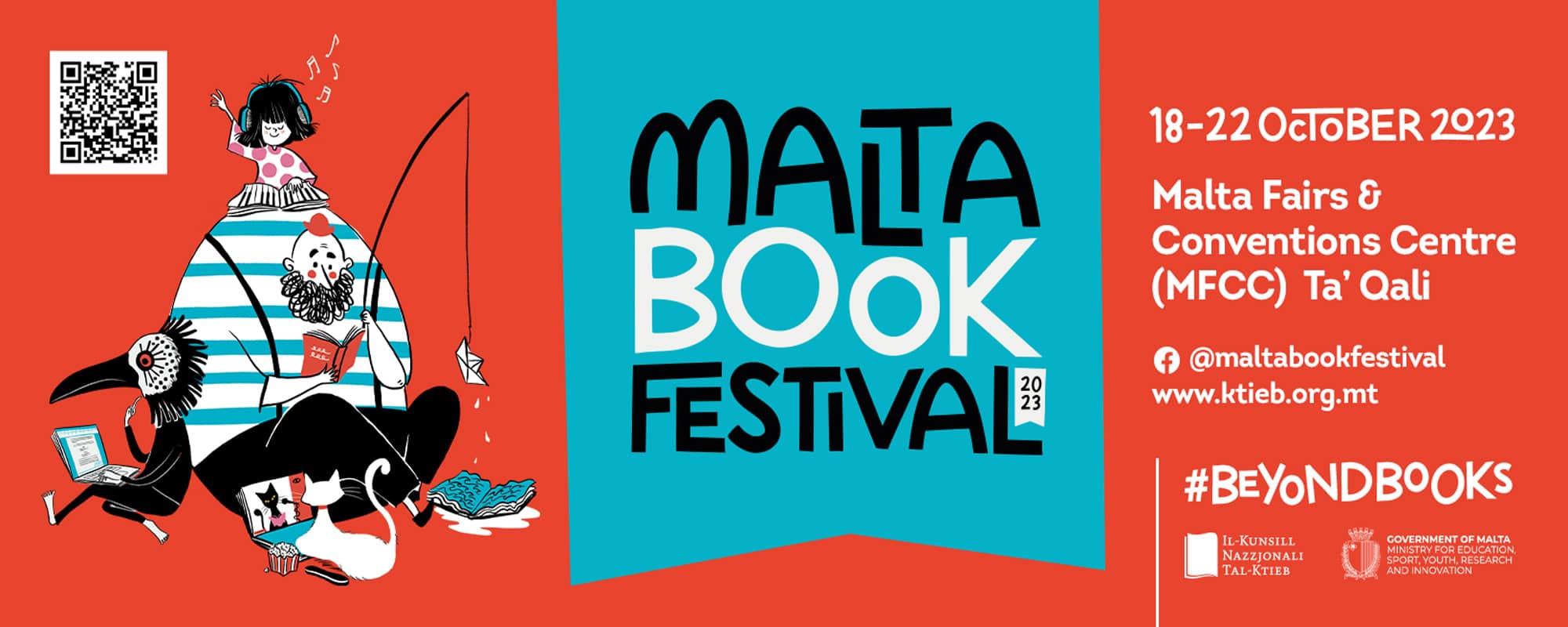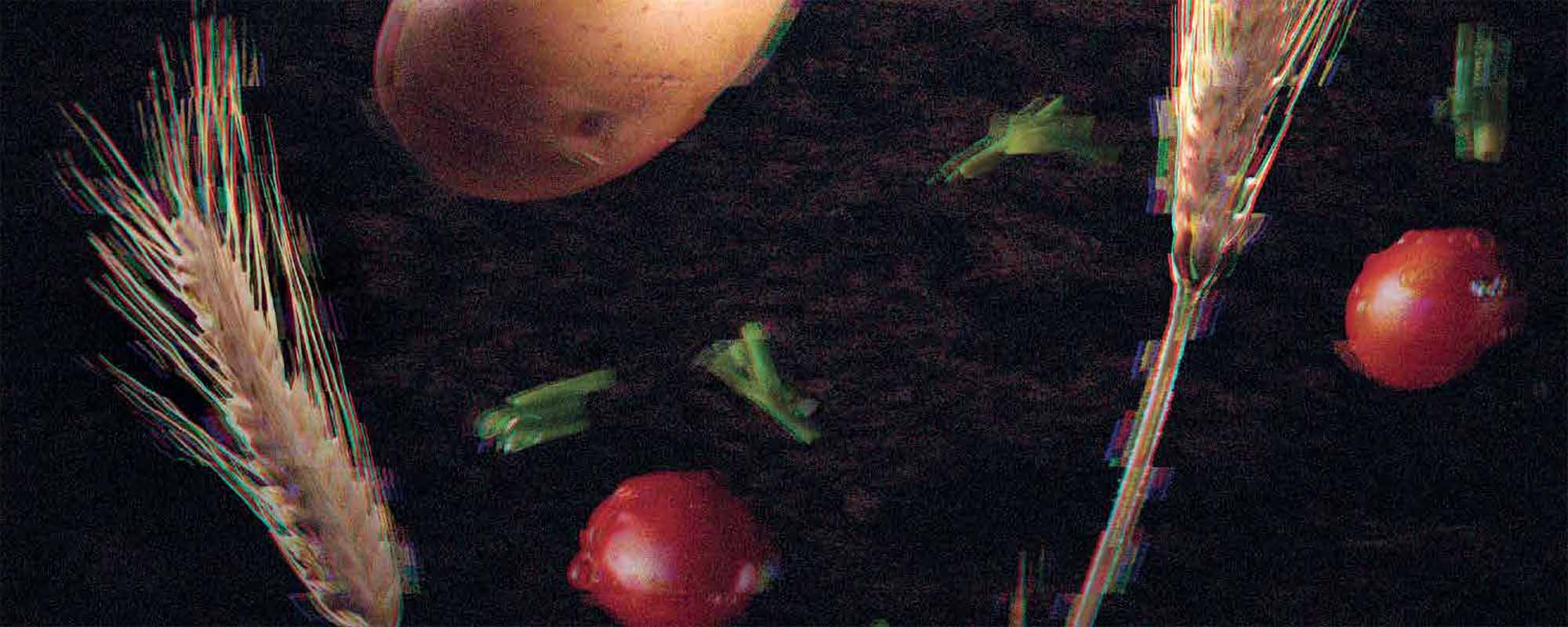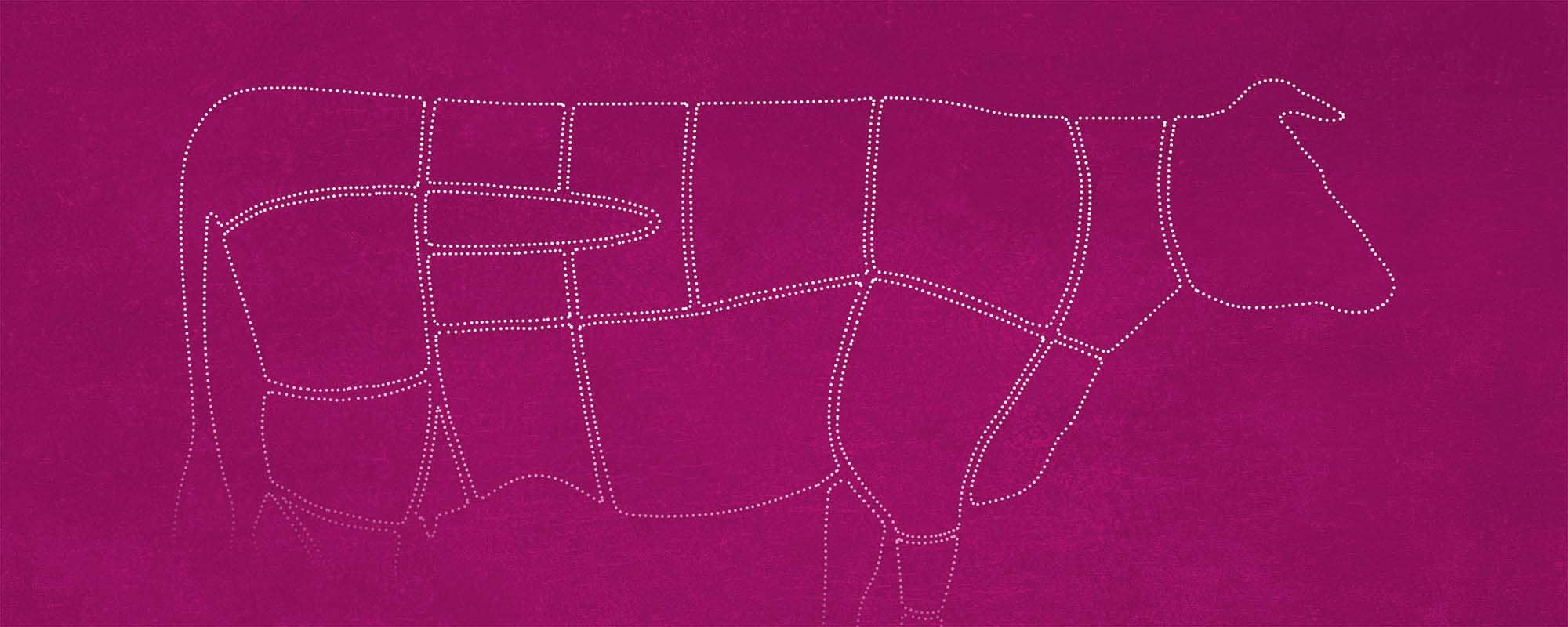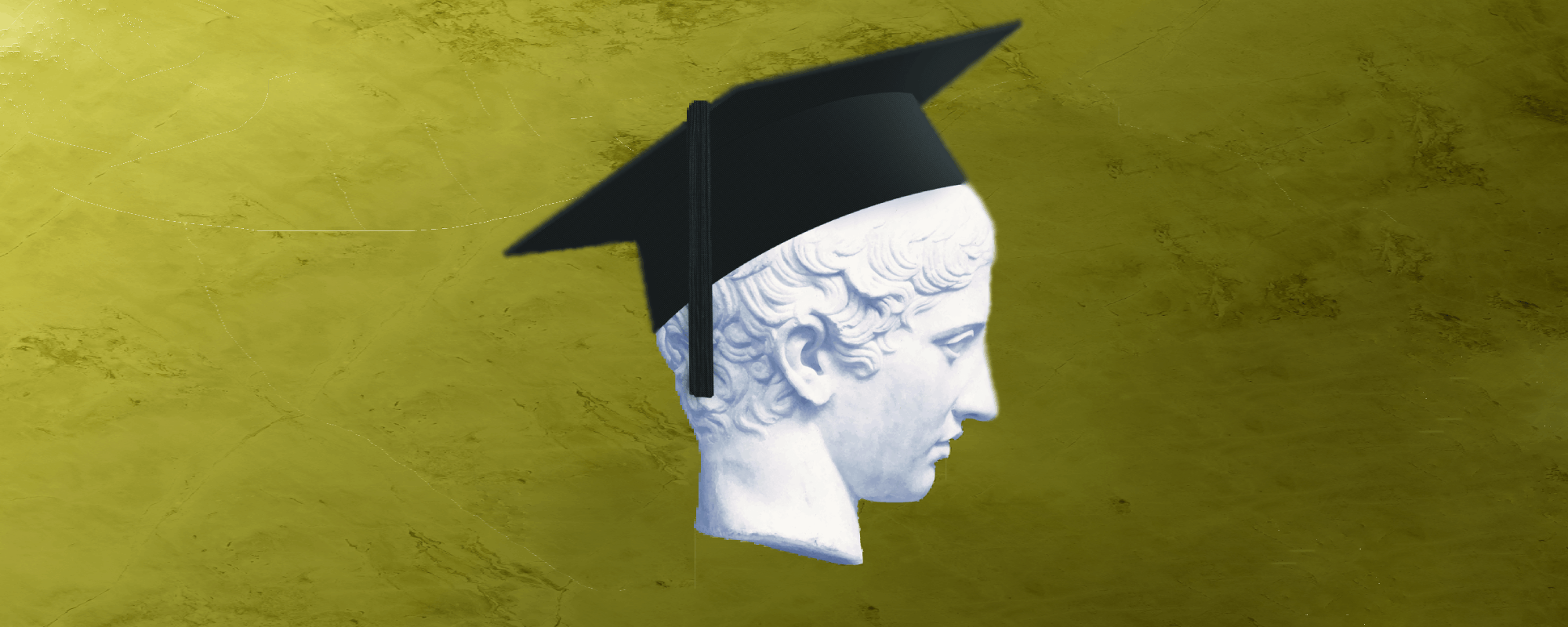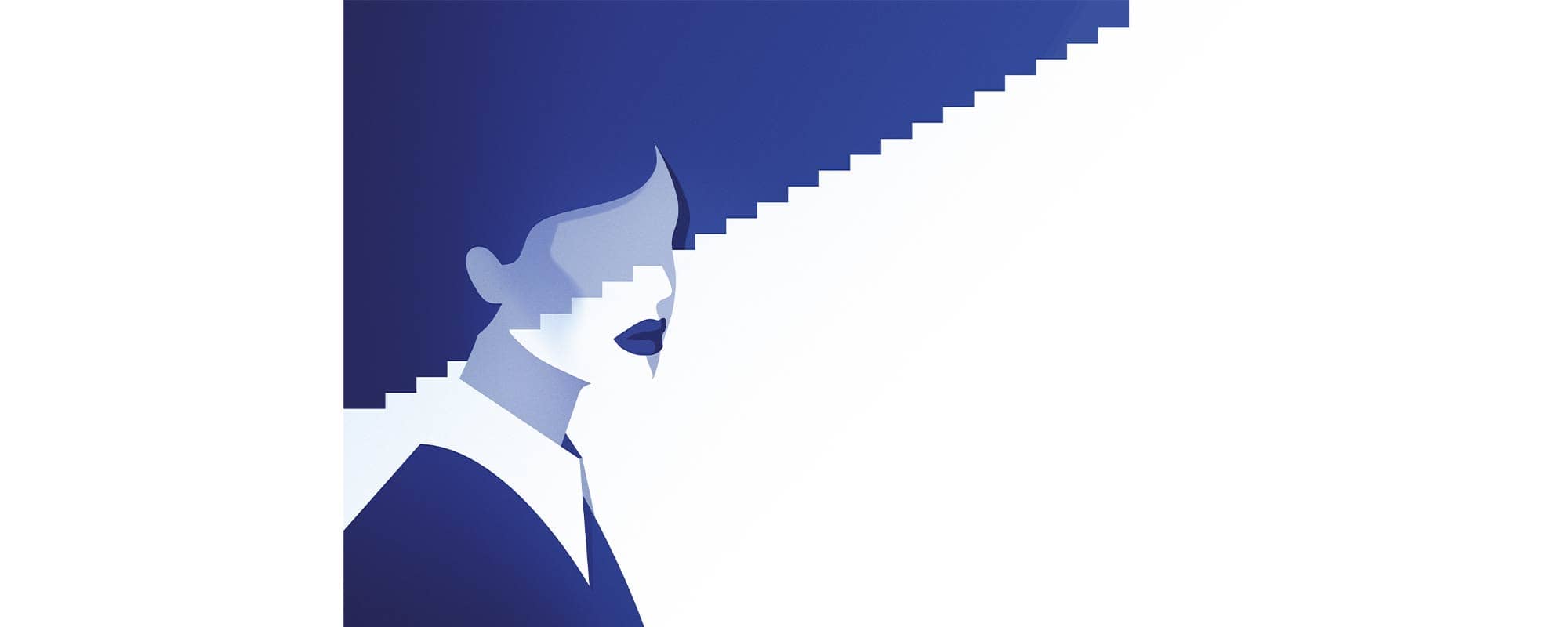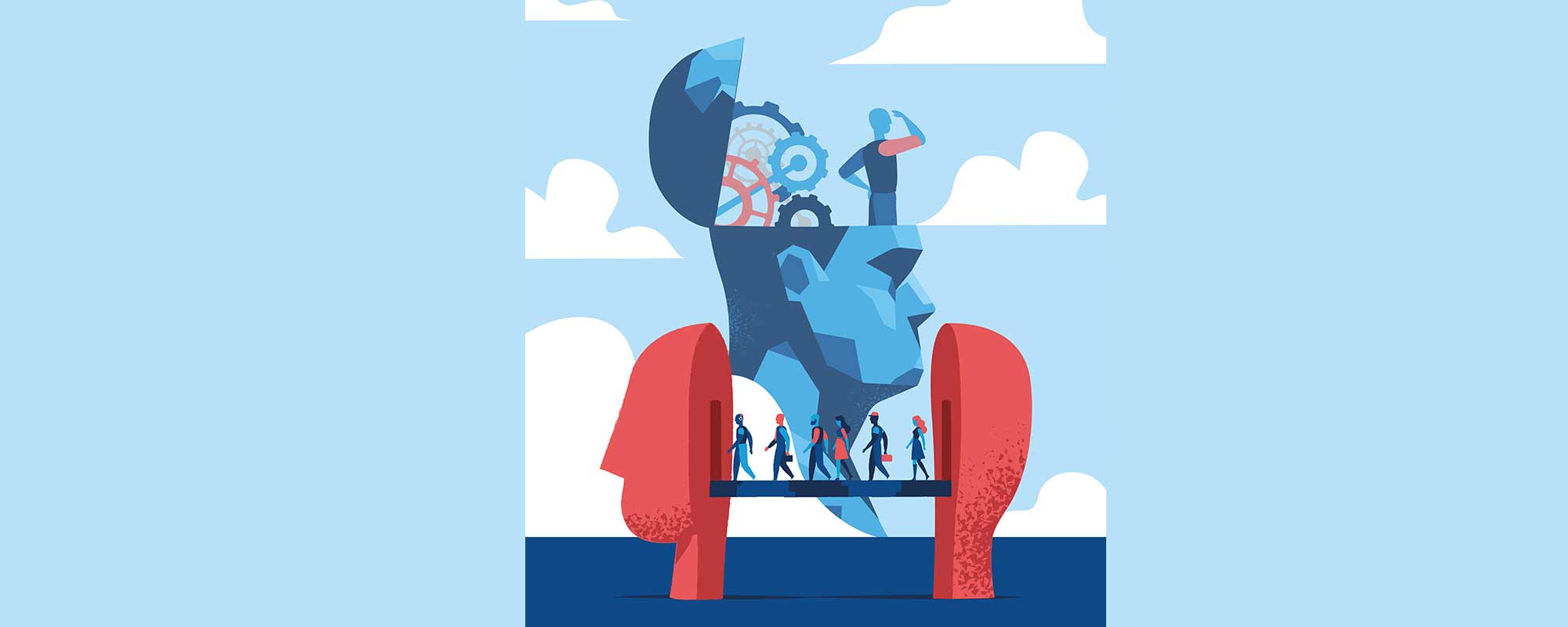Delve into the ancient traditions and mystical origins that continue to haunt the modern celebration of All Hallows’ Eve.
Continue readingWhat to Expect at the Malta Book Festival 2023
The Malta Book Festival kicks off this week! Organised by the National Book Council and taking place between 18 and 22 October at the MFCC, Ta’ Qali, the Festival is the main book-based annual event in Malta, boasting a rich history and welcoming visitors of all ages and from all walks of life.
Continue readingFood Security in Malta: Is it Possible?
It is unlikely that Malta can ever become self-sufficient when it comes to food. The next best thing for the island is to guarantee sustainable food security. THINK sits with 4 experts to see how this could be possible.
Continue readingIl-Baqra Tinbieh Kollha: A Journey Towards Abattoir Self-Sufficiency and Sustainability
While plant-based food is gaining popularity, the majority of the world’s population still consumes meat. “Il-baqra tinbieħ kollha” (every part of the cow can be sold), a Maltese saying, emphasises that every part of harvested livestock is used. It is imperative that the meat industry develop sustainable practices to reduce its environmental impact, such as utilising every part of the slaughtered animal.
Continue readingPreserving the Past: UM Library’s Digitisation of Centuries-old Pamphlets
The University of Malta’s Library has diligently digitised historical pamphlets, some dating as far back as the 1600s, allowing students and researchers to explore battles, cultural shifts, and more through primary sources. THINK speaks with library manager Antida Mizzi to explore the commitment to safeguarding history, making it accessible for researchers and scholars dedicated to unearthing the stories that define us.
Continue readingMeeting Challenges Halfway at the Malta Book Festival 2023
Delve into Malta’s burgeoning book scene, boasting 58 publishing entities and a wealth of authors. Uncover the challenges and endeavours championed by the National Book Council. Join us at the Malta Book Festival from October 18-22 at MFCC, Ta’ Qali, for an exciting literary voyage.
Continue readingIs Now the Time for a Wealth Tax?
In the face of ever-worsening wealth inequality, one solution for Malta (or elsewhere) could be a tax on wealth. Jonathan Firbank speaks to Dr Charmaine Portelli about why this idea is flawed, and yet, why this flawed idea might still be necessary for today’s world.
Continue readingBlending Stoicism with Ethics Education Can Raise a Happier Society
Stoicism, a philosophy that kept both a slave and an emperor sane, is embraced as a useful philosophy today, two and a half millennia after it first surfaced. Adding it to the educational syllabus via ethics classes can bring ample benefit to students’ lives, Luke Fenech tells THINK.
Continue readingYou Only Got This Job Because You Are a Woman
Can women climb the academic ladder? In a society that equates men with leadership, THINK explores the career challenges faced by women, especially in academia, and how governments and institutions are fighting to promote gender equity.
Continue readingBeyond Labels: Rethinking Identity Politics, Equity, and Democracy
In the struggle for increased social and economic rights, it is easy to make the mistake of failing to grasp nuances and different perspectives. Dr Michael Briguglio challenges some of the preconceived notions which persist in modern political discourse, particularly lumping together movements and groups which have important distinctions. In this interview, Briguglio makes the case for liberal democracy and answers key questions on issues of representation and identity.
Continue reading

